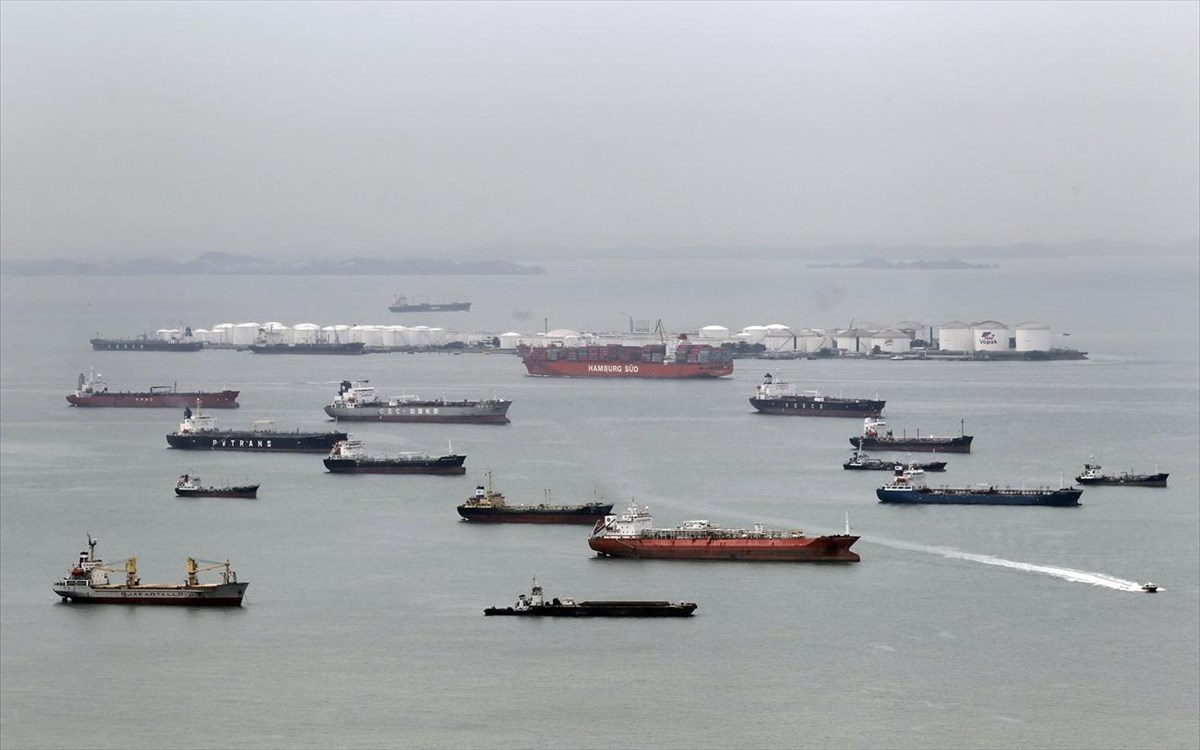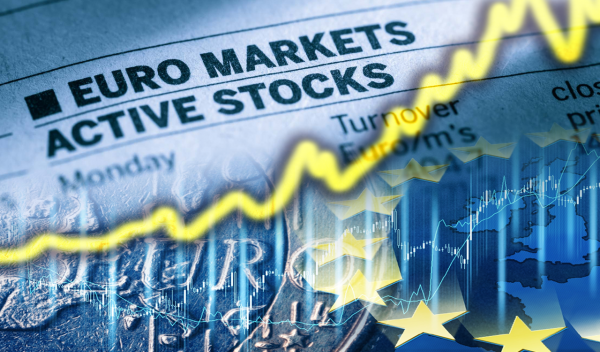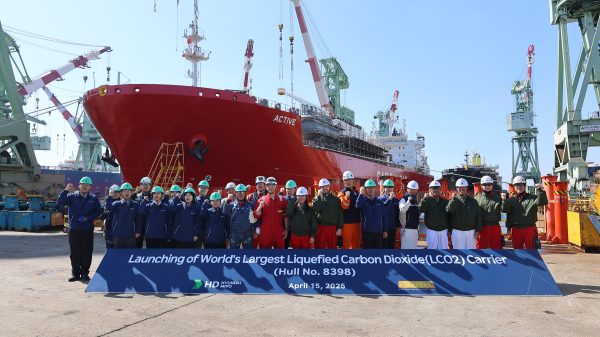
After eleven years of decline, bank loans to global shipping are rebounding. According to the annual Petrofin Research survey, the loan portfolio of the 40 banks that provide the most loans to the shipping industry increased for the first time since 2011 to reach $290.12 billion from $286.9 billion in 2020 (up 1, 12%).
The recovery was mainly driven by Asian and Australasia (APAC) banks which boosted their portfolios from $100.85 billion to $114.75 billion and now hold 39.5% of the global shipping loan portfolio from 35% previously.
On the contrary, the share of European banks fell further, with the largest decrease in the share of German and Scandinavian banks. However, European banking institutions still hold the lion’s share with a financial portfolio of $157.22 billion. However, Greek banks moved higher, expanding their portfolio by 14.2% to 12.48 billion dollars
Regarding the ranking of the banks, the largest loan portfolio is held by the French BNP Paribas with 19.8 billion dollars, followed by China Exim with 18.5 billion dollars and the German kwW with 17.15 billion dollars. The top five are completed by Bank of China with $14.50 billion and Credit Agricole OB with $13.5 billion. Greek banks are in 31st place (Eurobank $3.38 billion), Piraeus 32nd ( $3.25 billion), 33rd (Alpha Bank $3.30 billion) and 36th (National Bank with $2.65 billion).
The smaller banks
According to Petrofin Research, in 2021 many smaller banks also entered shipping finance.
Petrofin’s research even identified a total of 62 banks with a total portfolio of $308.76 billion, while as he points out there are others with local characteristics as a result of which the total bank lending of global shipping is estimated at $340 billion or 2 /3 of the total world financing of ships, which is estimated at 500 billion dollars, which, in addition to bank loans, comes from leasing, private investment funds, stock markets, etc.
Petrofin estimates that due to the Russian invasion of Ukraine, high energy prices, geo-sanctions, higher interest rates, but also slowing global growth and concerns about an impending recession, bank lending has been disrupted as banks have become more cautious, while negatively affected by the lockdowns and economic slowdown and Chinese leasing.
The Russian invasion
However, banks are still interested in new business to maintain their loan portfolios, but sustainable new loan origination is declining. Bank lending margins are being squeezed as shipowners access alternative sources of funding and often opt for higher leverage as opposed to lower margins.
Banks, on the other hand, are taking a wait-and-see approach to new technology and stricter environmental regulations for ships after 2030, while financing packages based on sustainability rules are also being developed. Banks generally want to see where new ship propulsion technology is going, the cost implications and the market support for such ships.
At present, the emphasis of both shipowners and banks is on Tier III newbuildings which appear to represent an intermediate option compared to more advanced technologies.
Latest News

German Ambassador to Greece Talks Ukraine, Rise of Far Right & Tariffs at Delphi Economic Forum X
Commenting on the political developments in his country, the German Ambassador stressed that it was clear the rapid formation of a new government was imperative, as the expectations across Europe showed.

Athens to Return Confiscated License Plates Ahead of Easter Holiday
Cases involving court orders will also be excluded from this measure.

Servicers: How More Properties Could Enter the Greek Market
Buying or renting a home is out of reach for many in Greece. Servicers propose faster processes and incentives to boost property supply and ease the housing crisis.

Greek Easter 2025: Price Hikes on Lamb, Eggs & Sweets
According to the Greek Consumers’ Institute, hosting an Easter dinner for eight now costs approximately €361.95 — an increase of €11 compared to 2024.

FM Gerapetritis Calls for Unified EU Response to Global Crises at EU Council
"Europe is navigating through unprecedented crises — wars, humanitarian disasters, climate emergencies," he stated.

Holy Week Store Hours in Greece
Retail stores across Greece are now operating on extended holiday hours for Holy Week, following their Sunday opening on April 13. The move aims to accommodate consumers ahead of Easter, but merchants remain cautious amid sluggish market activity.

Green Getaway Ideas for Easter 2025 in Greece
Celebrate Easter 2025 in Greece the sustainable way with eco-farms, car-free islands, and family-friendly getaways rooted in nature and tradition.

Civil Protection Minister Details Summer Firefighting Plans at Delphi Forum
At the 10th Delphi Economic Forum, Minister of Climate Crisis and Civil Protection Yiannis Kefalogiannis discussed Greece's plans for the upcoming fire season.

How Shops and Markets Will Operate During Easter Holy Week
The Easter holiday schedule has been in effect since April 10, with retail stores open Palm Sunday, and most supermarkets also operating to meet consumer demand for Easter shopping

Why Is the French Aircraft Carrier Charles De Gaulle in Piraeus?
Docking in Piraeus after a four-month deployment in the Indo-Pacific region, the admiral of the aircraft carrier the Charles de Gaulle says, "Greece is our best partner in the Mediterranean."








































 Αριθμός Πιστοποίησης
Αριθμός Πιστοποίησης